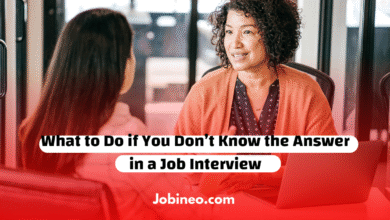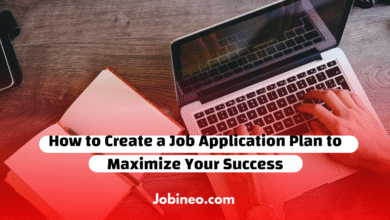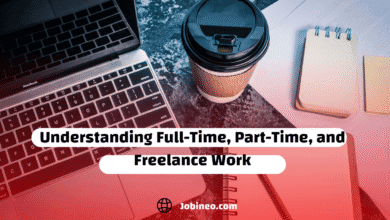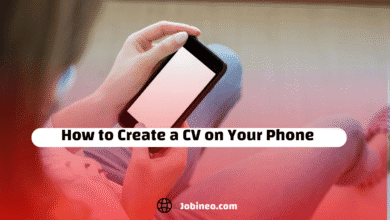Step-by-Step Interview Preparation for First-Time Job Seekers
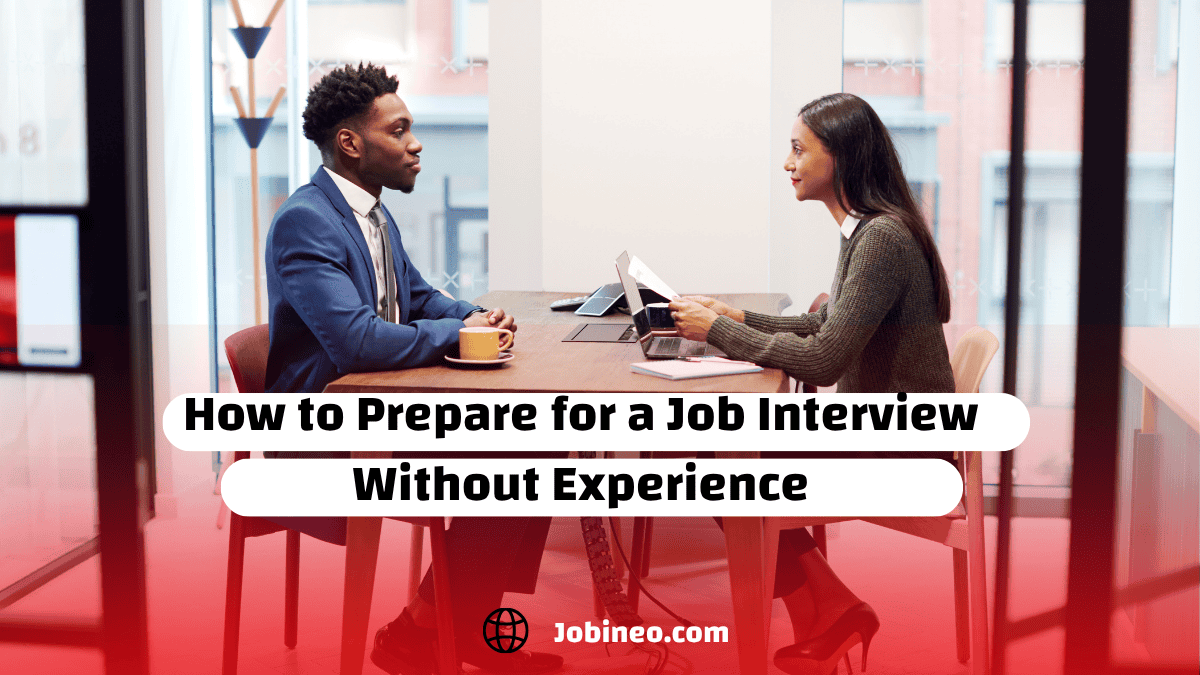
Landing your first job interview is exciting but also a little nerve-wracking. The good news is that you do not have to walk in unprepared. With the right approach, those nerves can turn into confidence. Here is a simple and practical guide to help you feel ready.
Research the Company
Take time to learn more than just the basics. Explore what the company does, who their customers are, and whether they have been in the news recently. When you share these insights during the interview, it shows that you genuinely care about the opportunity and have taken the time to prepare.
Understand the Role
Read the job description carefully and note the skills the employer is looking for. Then connect those skills to your own experiences, whether from school projects, part-time work, volunteering, or team activities. Even if you do not have years of professional experience, real-life examples can prove you are capable and ready to learn.
Practice Common Questions
Most interviews include familiar questions such as:
- Tell me about yourself
- Why do you want this job
- What are your strengths and weaknesses
Instead of memorizing answers word for word, think about the key points you want to share. Use simple examples that highlight your strengths and show how you have handled challenges in the past. This keeps your answers natural and authentic.
Prepare Your Own Questions
An interview is a conversation, not just an evaluation. Asking thoughtful questions shows you are genuinely interested. You might ask about what a typical day looks like in the role or how success is measured. This helps you understand the job better and also demonstrates curiosity and initiative.
Choose the Right Outfit
First impressions matter. Dress in a way that matches the company’s culture while still looking professional. If the workplace is formal, aim for more polished attire. If it is more relaxed, smart and neat clothing works well. The goal is to look tidy, feel comfortable, and fit the environment.
Plan the Practical Details
If your interview is in person, plan your route in advance and give yourself extra time to arrive calmly. If it is online, test your internet connection, camera, and microphone beforehand. Choose a quiet space with good lighting so you can focus without distractions.
Organize Your Materials
Bring a copy of your resume even if they already have one. If the interview is online, keep a digital version handy for quick reference. A notebook and pen can also be useful for writing down important points or questions that come up.
Build Confidence During the Interview
It is perfectly normal to feel nervous, but the way you carry yourself makes a difference. Smile to create a warm impression, sit with good posture to appear confident, and take a deep breath before answering a question to give yourself time to think. Interviewers are not expecting perfection. They are looking for someone genuine, prepared, and eager to grow.
Follow Up Afterwards
Sending a thank-you message after the interview shows appreciation and professionalism. Keep it brief, thank the interviewer for their time, mention something specific you enjoyed discussing, and remind them of your enthusiasm for the role. This simple step leaves a lasting impression.
Final Thoughts
Your first interview is not just about this one opportunity it is also valuable practice for the future. Preparation helps you feel more confident, but the most important thing is to show up as yourself. You already have the potential; the interview is your chance to let it shine.


